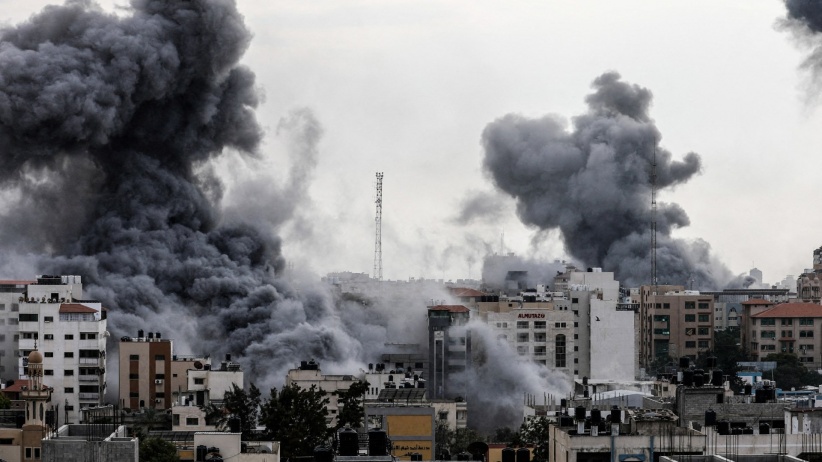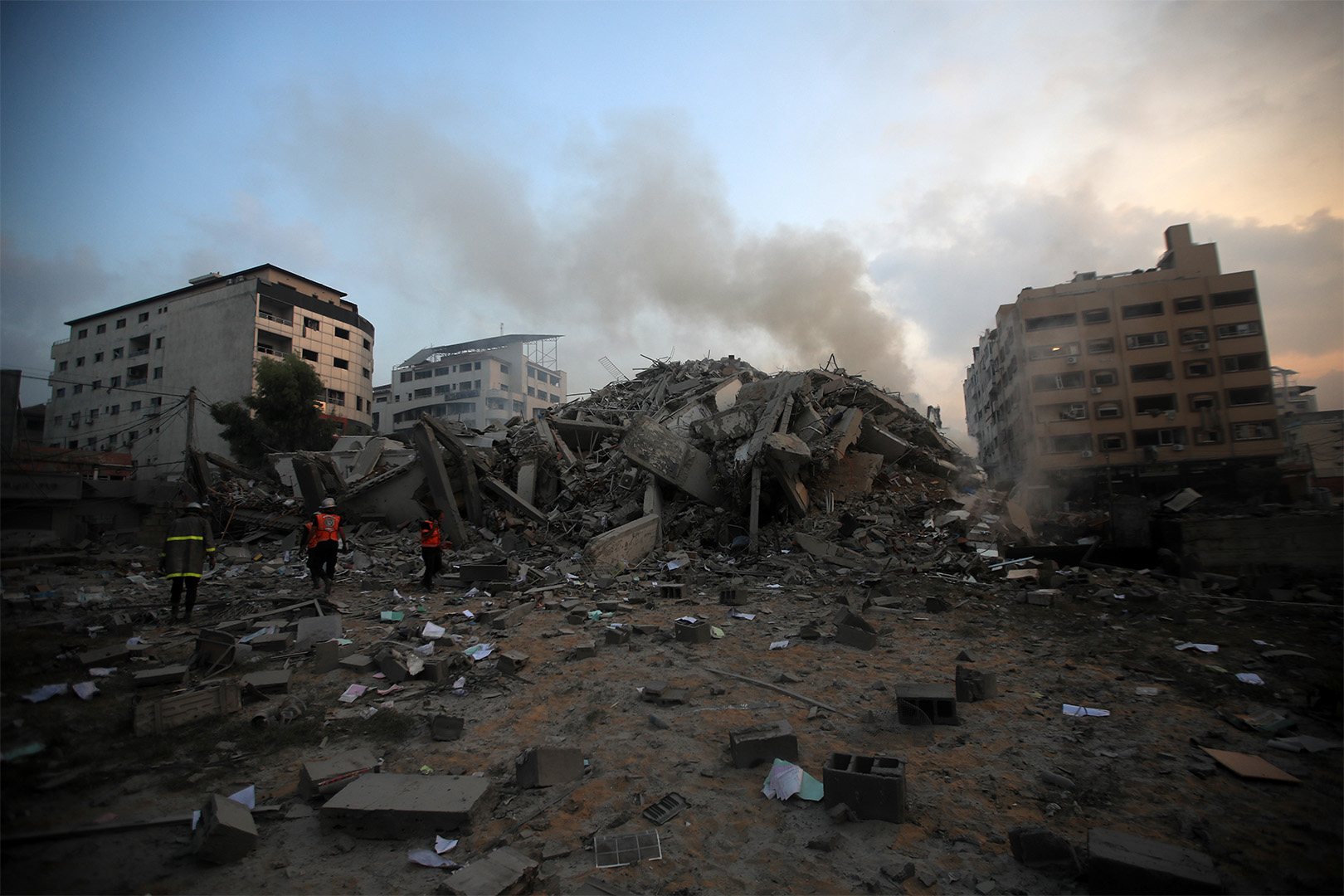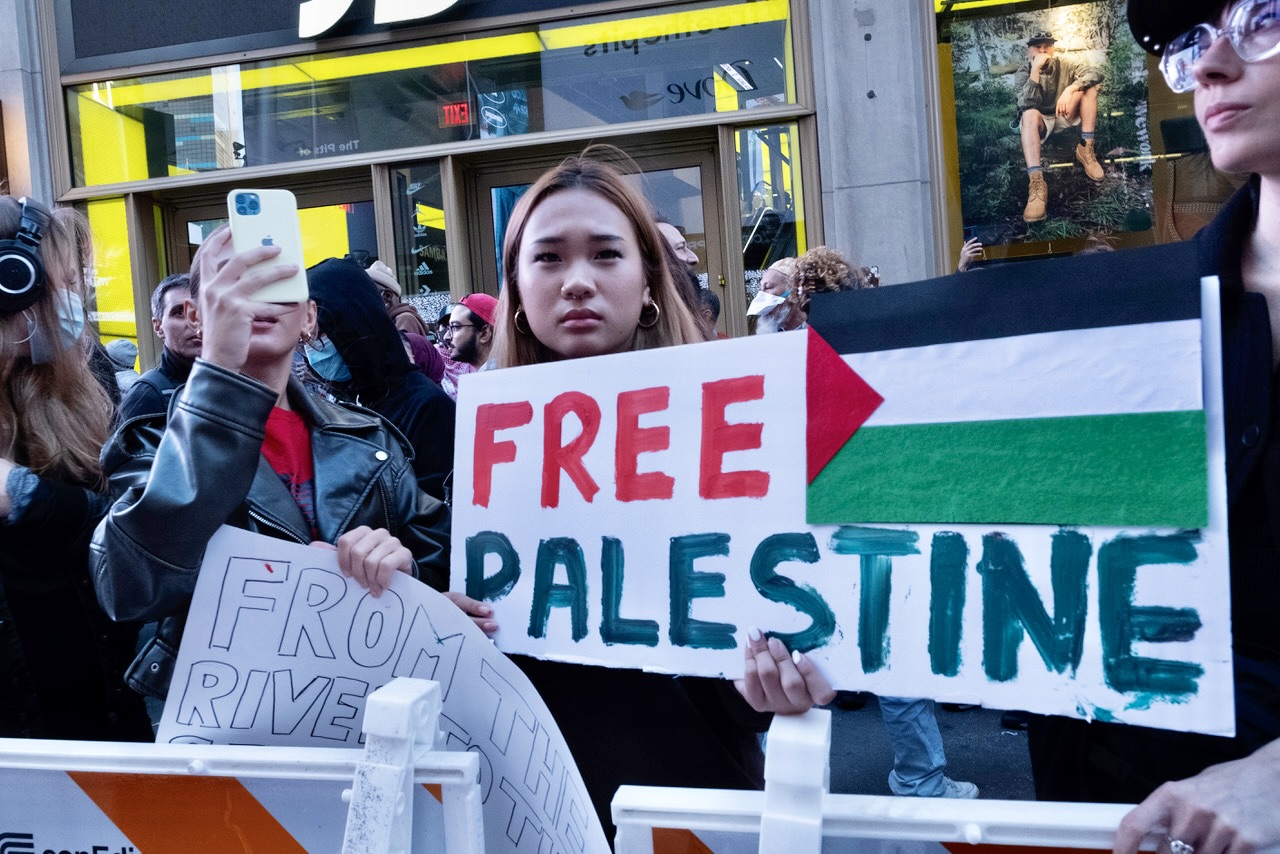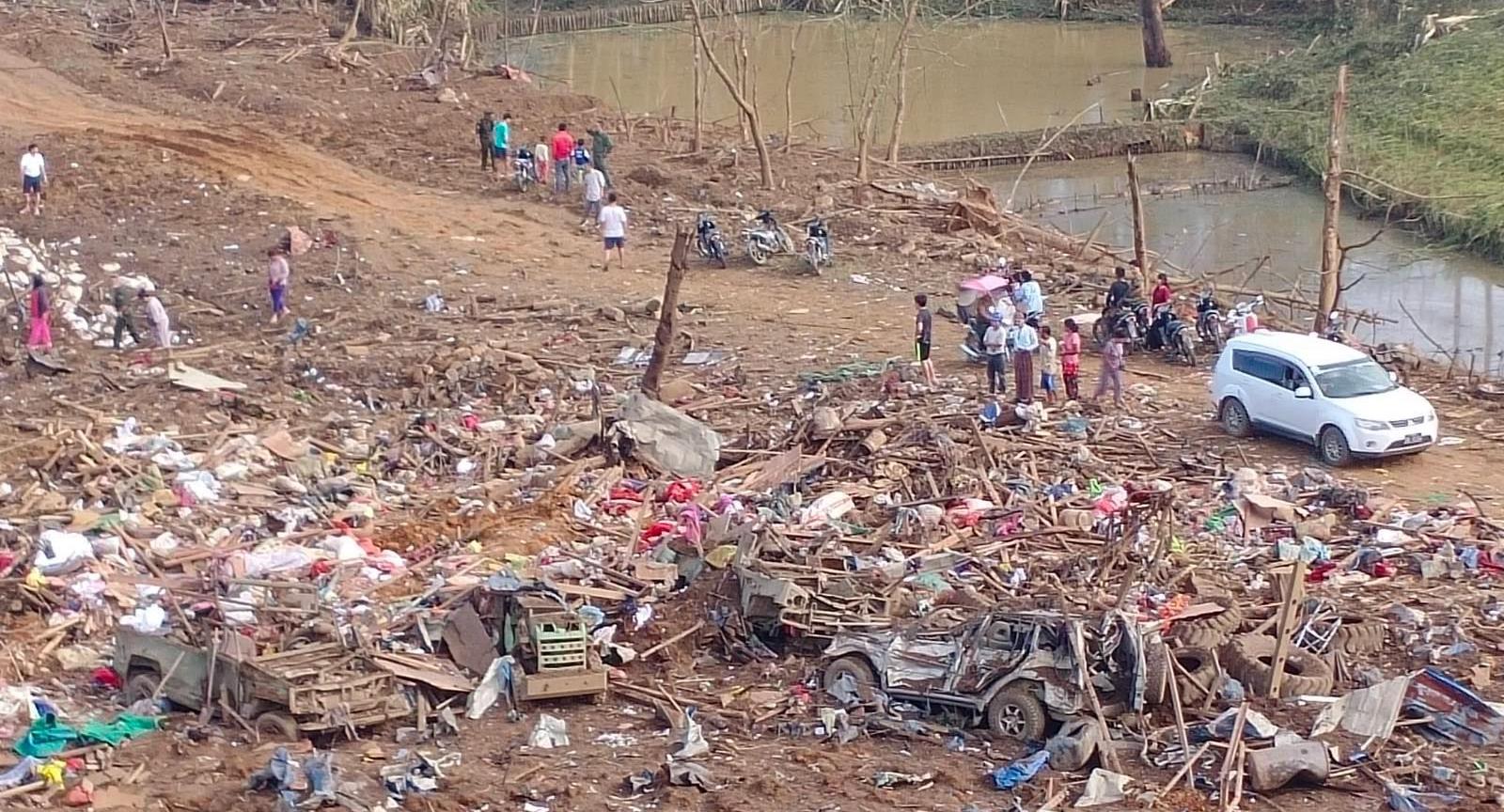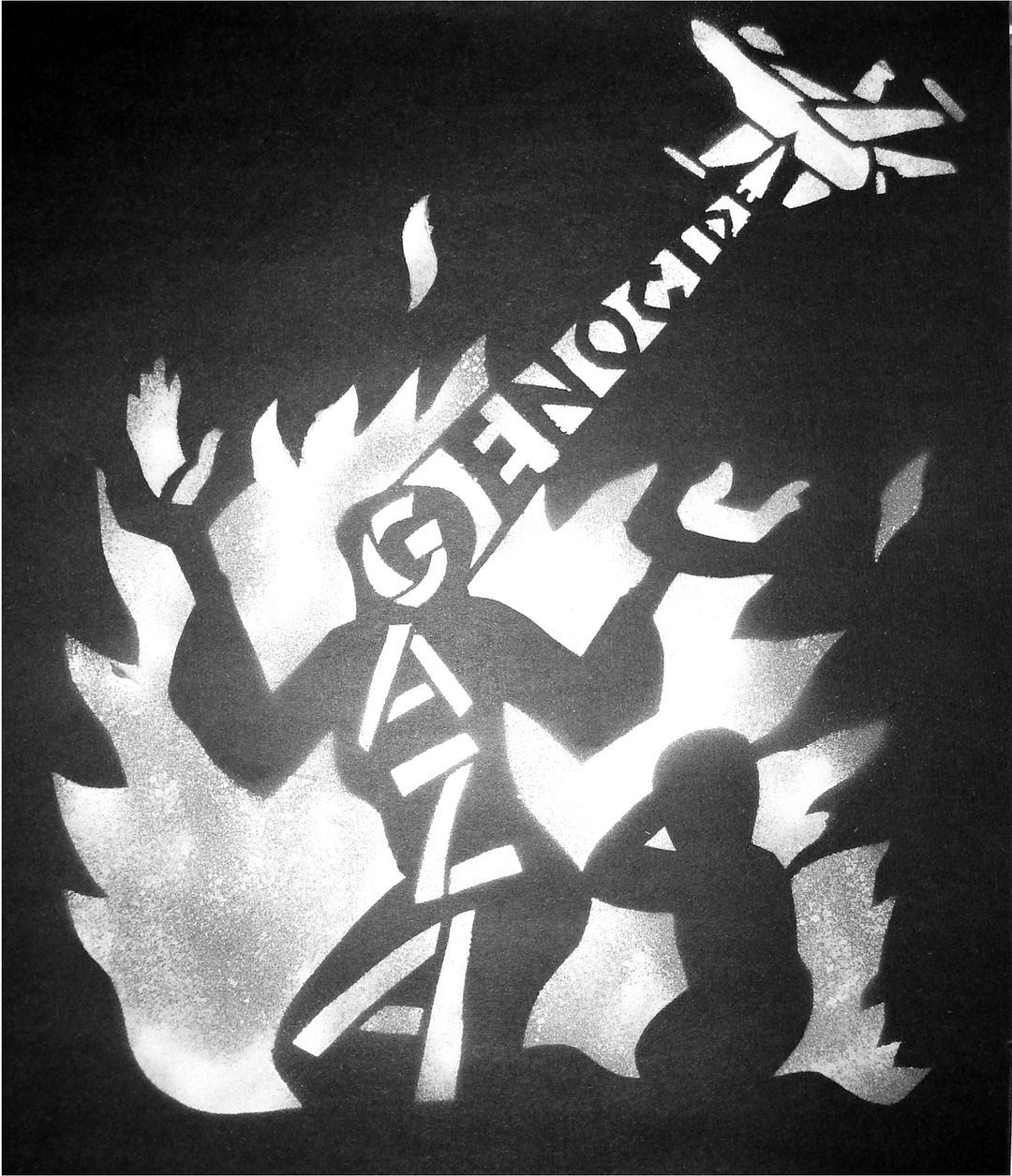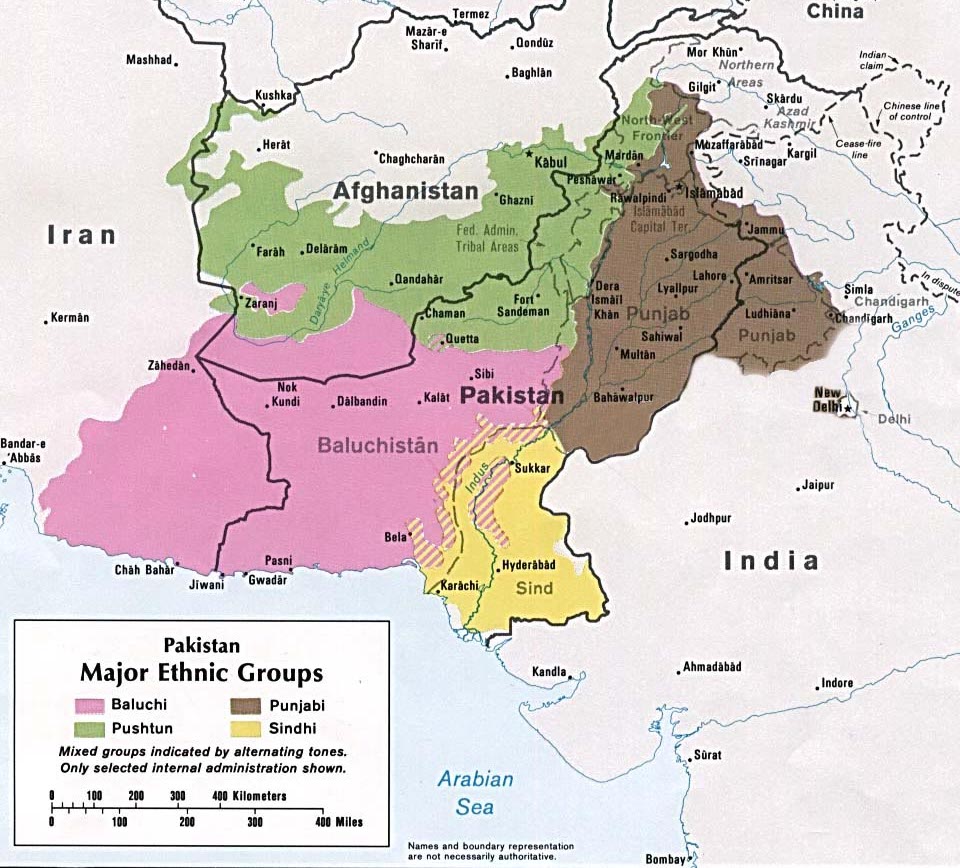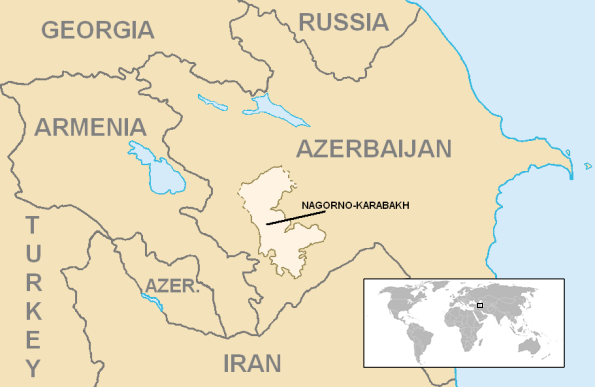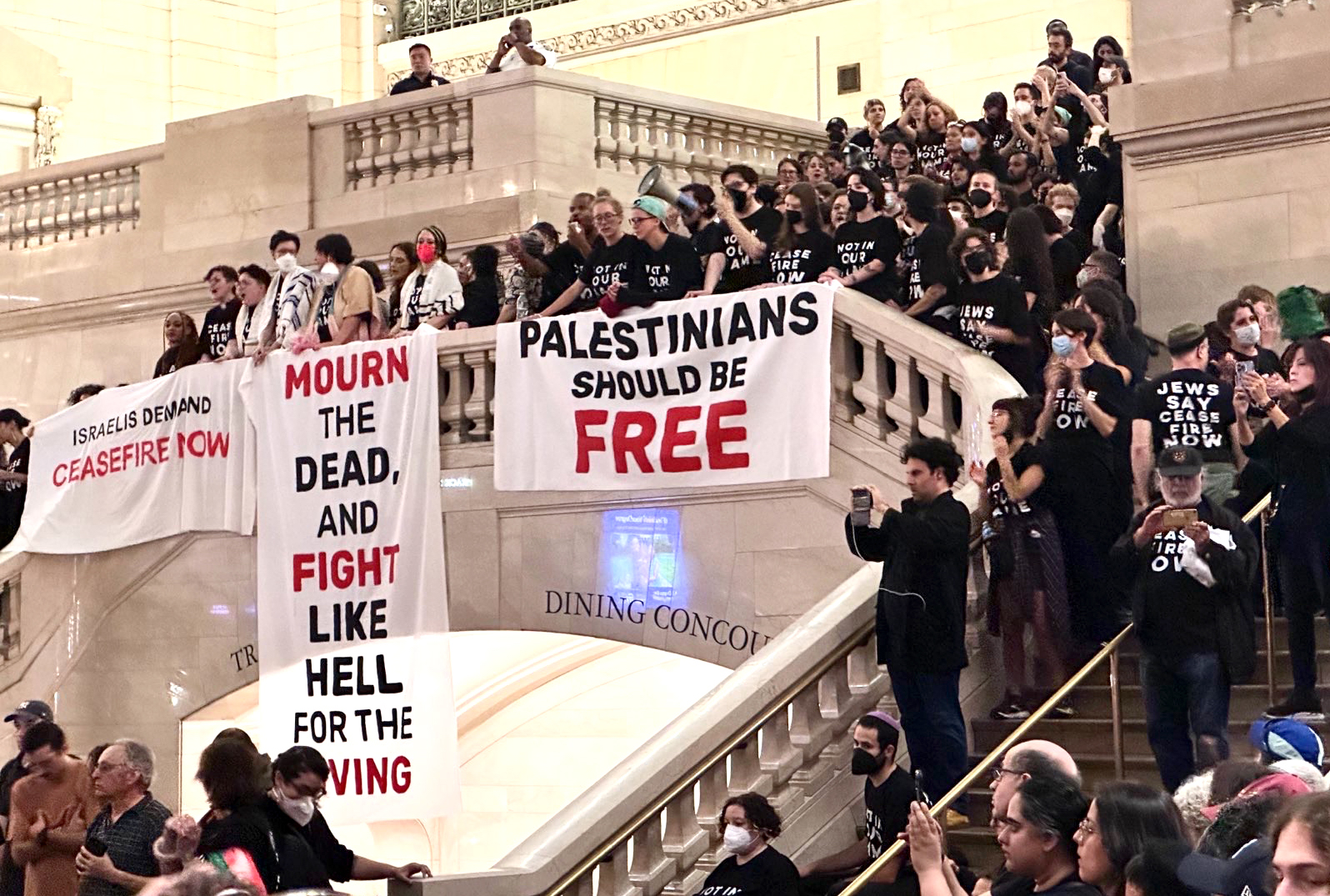
Gaza: support ‘All for all’
As Israel now openly approaches a genocidal threshold in Gaza, it is clear that the hostages held by Hamas have been sacrificed to the end of collective vengeance on the Palestinian people. In Episode 198 of the CounterVortex podcast, Bill Weinberg echoes urgent demands for a ceasefire, and also notes the “all-for-all” solution now being advanced by the families of the hostages—all Israelis held by Hamas for all Palestinians held by Israel, many of whom have been detained for years without charge. First put forth by Mustafa Barghouti of the secular-left Palestinian National Initiative, this proposal holds hope for a step back from the brink, recognizing the humanity of both “sides.” Listen on SoundCloud or via Patreon. (Photo: Jewish Voice for Peace)




